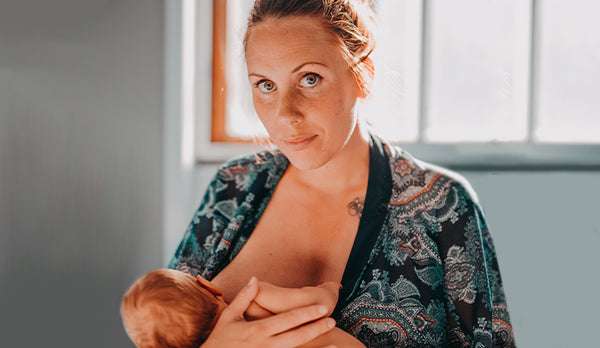
Over the last few years, there have been more open discussions and greater visibility about the challenges and struggles women may experience in the postpartum period. Many moms are choosing to shine a light on these things by talking openly about their struggles with postpartum depression – and how they were able to seek out support – in hopes of normalizing the conversation around postpartum mental health.
And while the conversation around postpartum depression has opened up, too often, postpartum anxiety is left out of the discussion.
Regardless of whether you’ve given birth before or this is your first baby, the anticipation of a new baby’s arrival is filled with excitement. However, the time preparing for giving birth can be filled with many worries, concerns, and “what-ifs.” Having anxious feelings about your pregnancy or after the arrival of your new baby is perfectly normal. You may find yourself wondering things like:
“Will my delivery go as planned?”
“How are we going to juggle three kids now?”
“Are we sure we have the safest stroller and car seat?”
Both seasoned moms and new moms commonly have anxious thoughts or worries like these.
However, sometimes what are normal worries or feelings of anxiety around pregnancy or postpartum life can intensify to a level that feels overwhelming and all-consuming. If you find yourself worrying or stressing about things to the point that it’s a challenge to function at a healthy level at work, at home, or with family and friends, then you may be experiencing postpartum anxiety.
While postpartum anxiety can develop after you have delivered your baby, symptoms can start to occur while you are still pregnant. For women who struggled with anxiety prior to pregnancy, there is a greater chance of experiencing postpartum anxiety during or after pregnancy.
Signs of Postpartum Anxiety
Many women experience worry about having a baby, so it can sometimes feel challenging to differentiate if your fears are simply typical new mom worries or if your worries have intensified into postpartum anxiety. Symptoms of postpartum anxiety include:
- Excessive worry or anxiety about your own health or your baby’s health
- Feelings of rage or irritability
- Feelings of restlessness or being on edge
- Difficulty concentrating
- Fatiguing easily
- Physical responses like a racing heartbeat, muscle tension, shortness of breath or digestive issues
If you found yourself checking off those common symptoms of postpartum anxiety, you are not alone. Research has found that around 6% of pregnant women experience symptoms of postpartum anxiety and around 10% of women in the postpartum period. It is also not uncommon to find yourself experiencing symptoms of postpartum anxiety and depression at the same time. It can be really challenging to accept that you are struggling with postpartum anxiety, but help is available.

Talk to Your OB-GYN or Midwife
Whether it’s during your pregnancy or after delivery, let your doctor know that you are worrying more than usual or share with her any of the anxiety symptoms you might be experiencing. Not every doctor or midwife is great at asking patients directly about how they are feeling mentally and emotionally, so just because yours may not ask doesn’t mean it isn’t important to share how you are thinking and feeling. Let your provider know about your symptoms of anxiety and the ways you’re finding it challenging to function in caring for yourself, your baby, and your family. Your OB-GYN may prescribe medication that treats anxiety and is safe to take while you are pregnant or breastfeeding.
Postpartum Group Support for Postpartum Anxiety
The period of time after having a baby can feel isolating and lonely, which can make your struggles with postpartum anxiety feel even more overwhelming. And while you may feel like you are the only mom struggling with intrusive thoughts and worries, you are definitely not alone in this experience. Postpartum Support International (PSI) has a variety of support groups for women experiencing postpartum anxiety in pregnancy or after delivery, and these amazing support groups are completely free. These groups are available to meet in person in some communities as well as online, which can be so helpful for moms since getting out of the house can feel very overwhelming. Connecting with other women in one of these support groups can be an easy way of accessing support for your postpartum anxiety.
Talk with a Therapist About Postpartum Anxiety
Whether you’ve tried to use your support systems or attempted to cope with your postpartum anxiety on your own, sometimes you still need extra support to help you find relief from your symptoms. Talking with an online counselor about your postpartum anxiety can help you learn ways to cope with your anxious thoughts or bring calmness to those moments of rage and feelings of being unsettled. Not every therapist is trained to work with women experiencing postpartum anxiety, which is why using the directory on PSI’s website is such a wonderful resource. This directory provides you with lists of providers throughout the country who have specialized training in working with women experiencing postpartum anxiety. Many therapists provide telehealth services, too, which allows you to meet from the comfort of your home, car, or office to get the mental health support you need.
ABOUT ASHLEY COMEGYS
Ashley Comegys is a licensed clinical social worker and helps women with anxiety navigate life transitions, grief and loss. She has an online therapy practice where she specializes in working with moms who are experiencing anxiety or depression, military spouses, and women who are experiencing postpartum anxiety or depression. Ashley is licensed in the states of Louisiana, Hawaii, Colorado, and Florida, where she currently lives with her husband and two little boys.
DISCLAIMER: Content on this site is not a substitute for professional medical or healthcare advice, diagnosis, treatment, dietary, or safety advice, and may not be used for such purposes. Always seek the advice of your physician or other qualified expert with any questions you may have regarding a medical question, condition, or safety concern. Reliance on information presented on this site is at your own risk. This site contains the opinions and views of others and does not represent the opinions and views of Noodle & Boo, LLC. Given the interactive nature of this site, we cannot endorse, guarantee, or be responsible for the accuracy or efficacy of any content generated by our users or bloggers.







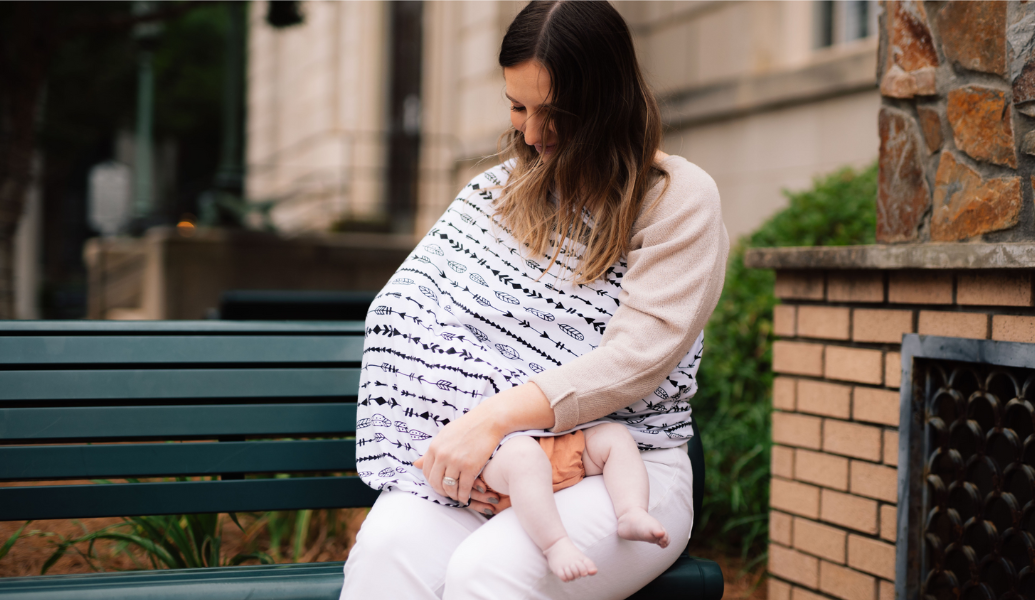








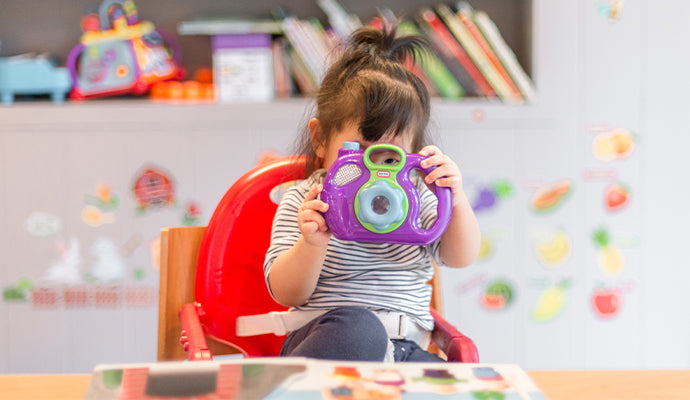

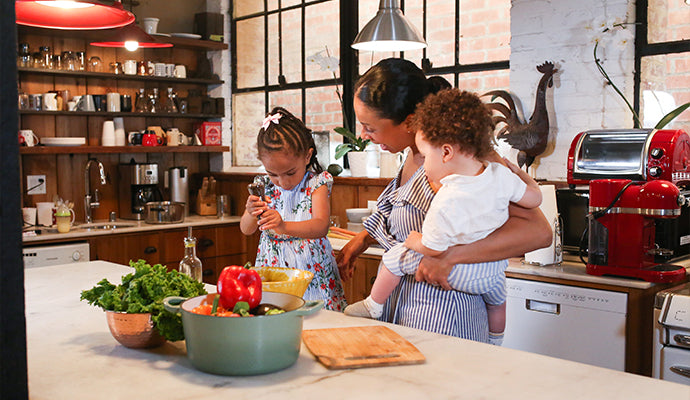
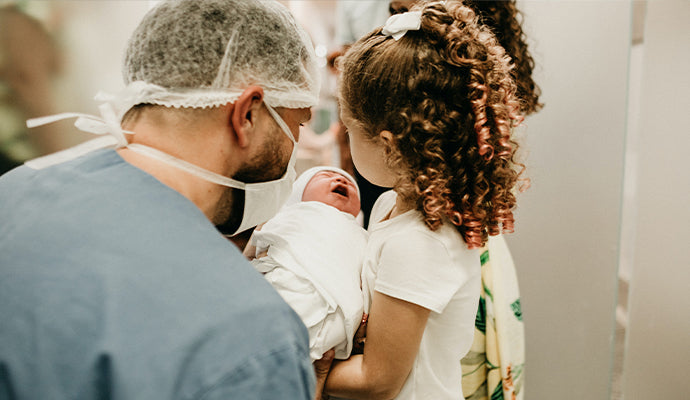






Leave a comment